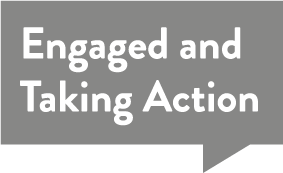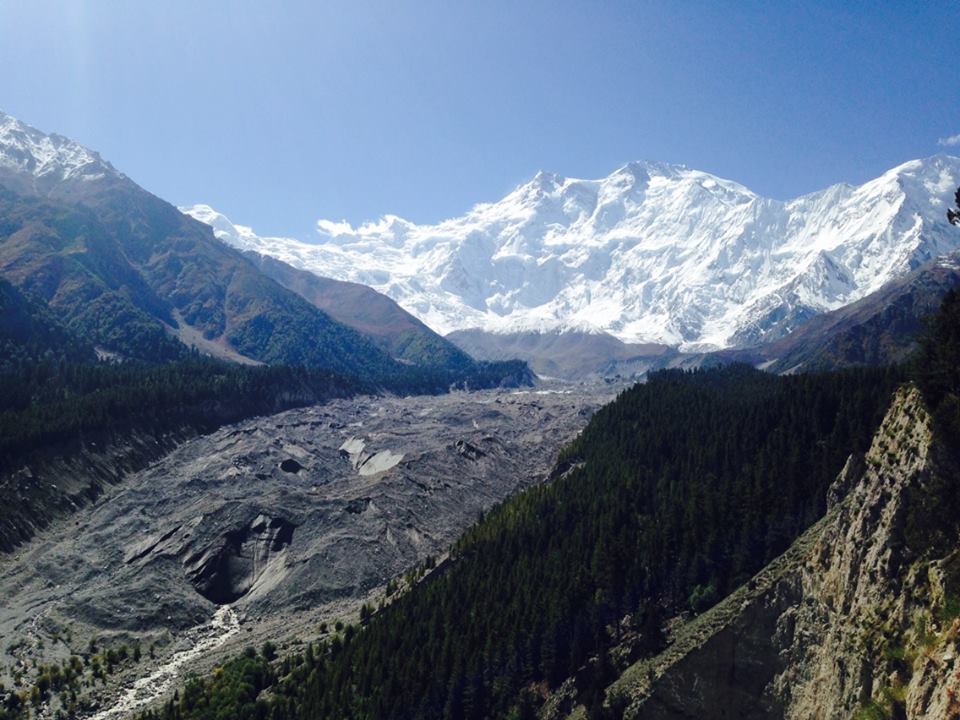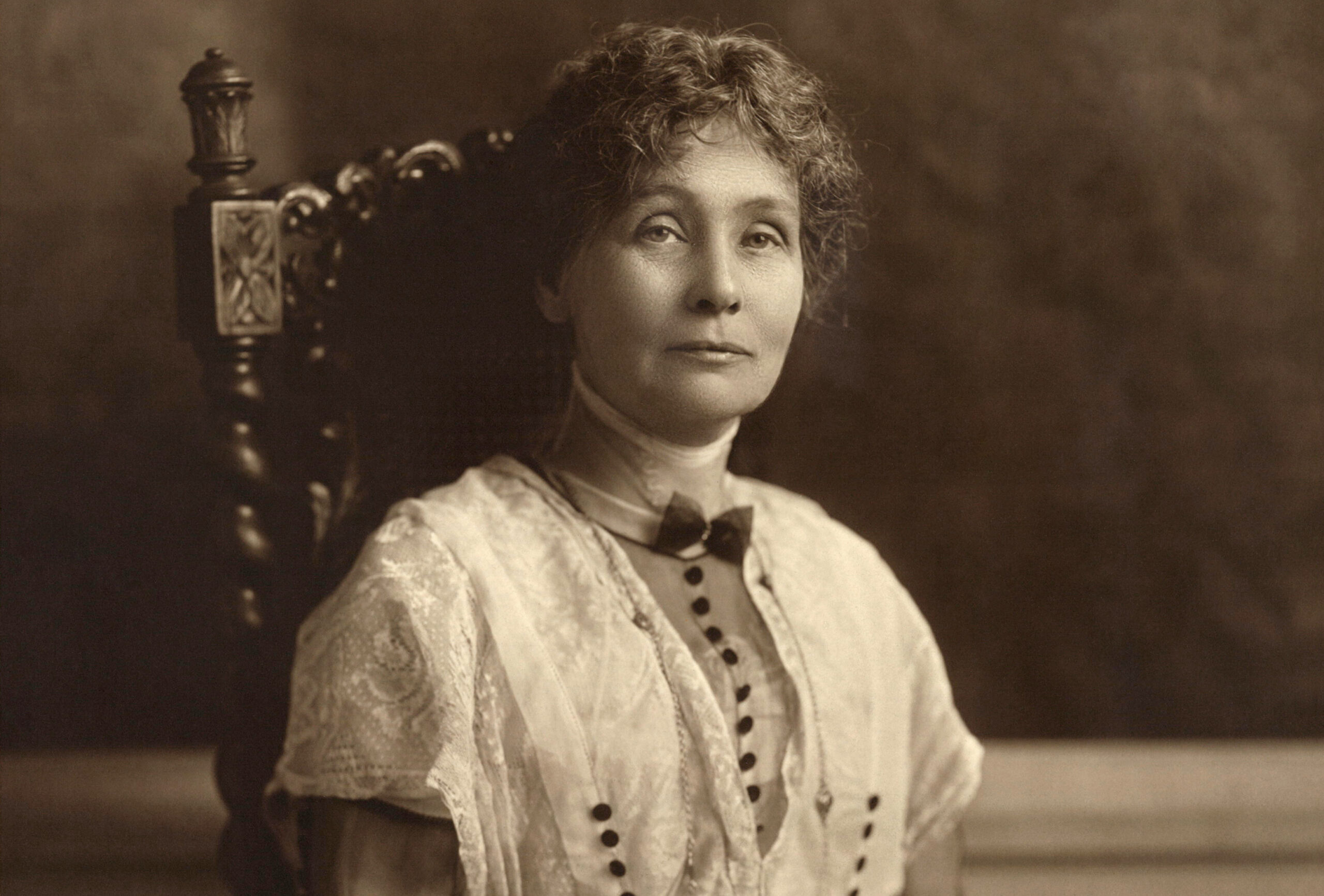It’s Getting Hotter
- February 24, 2020
- P13: Climate Change
- Tags: planet, environment, climate, action, global warming, greenhouse gas, hotter, colder, extreme weather, polution, earth
Climate change is happening much faster than anticipated. Its effects are clearly felt all over the world. There are positive steps to slow it down but far more ambitious plans are needed, especially for least developed countries and small island developing States
Higher greenhouse gas emissions are driving climate change. In 2017, the concentration of greenhouse gas in the atmosphere reached new highs. If the planet is to reach the 2030 emission objectives it will have to reduce emissions very quickly.
Between1998–2017, climate-related and geophysical disasters claimed an estimated 1.3 million lives.
Global climate finance flows increased by 17 per cent in the period 2015–2016 compared with the period 2013–2014. As at 20 May 2019, 28 countries had accessed Green Climate Fund grant financing help with national adaptation plans and other adaptation planning processes. More than half of these were for least developed countries, small island developing States and African States. In total, 75 countries are seeking support from the Green Climate Fund for national adaptation plans and other adaptation planning processes.
Climate change now affects every life in every country. It is disrupting national economies and costing people, communities and countries dearly. Weather patterns are changing, sea levels are rising, weather events are becoming more extreme and greenhouse gas emissions are now at their highest levels in history.
Without action, the world’s average surface temperature is likely to surpass 3 degrees centigrade this century. The poorest and most vulnerable people are being affected the most.
Affordable, scalable solutions are now available to enable countries to leapfrog to cleaner, more resilient economies. The pace of change is quickening as more people are turning to renewable energy and a range of other measures that will reduce emissions and increase adaptation efforts. Climate change, however, is a global challenge that does not respect national borders. It is an issue that requires solutions that need to be coordinated at the international level to help developing countries move toward a low-carbon economy.
Severe weather and rising sea levels are affecting people and their property in developed and developing countries. From a small farmer in the Philippines to a businessman in London, climate change is affecting everyone, especially the poor and vulnerable, as well as marginalized groups like women, children, and the elderly.
If left unchecked, climate change will cause average global temperatures to increase beyond 3°C, and will adversely affect every ecosystem. Already, we are seeing how climate change affect storms and disasters, and threats such as food and water scarcity, which can lead to conflict.
Doing nothing will end up costing us a lot more than if we take action now. We have an opportunity to take actions that will lead to more jobs, great prosperity, and better lives for all while reducing green- house gas emissions and building climate resilience.
To strengthen the global response to the threat of climate change, countries adopted the Paris Agreement at the COP21 meeting in France, which went into force in November of 2016. In the agreement, all countries agreed to work to limit global temperature rise to well below 2 degrees centigrade.





© Copyrights 2024 All Rights Reserved. 17Promises




